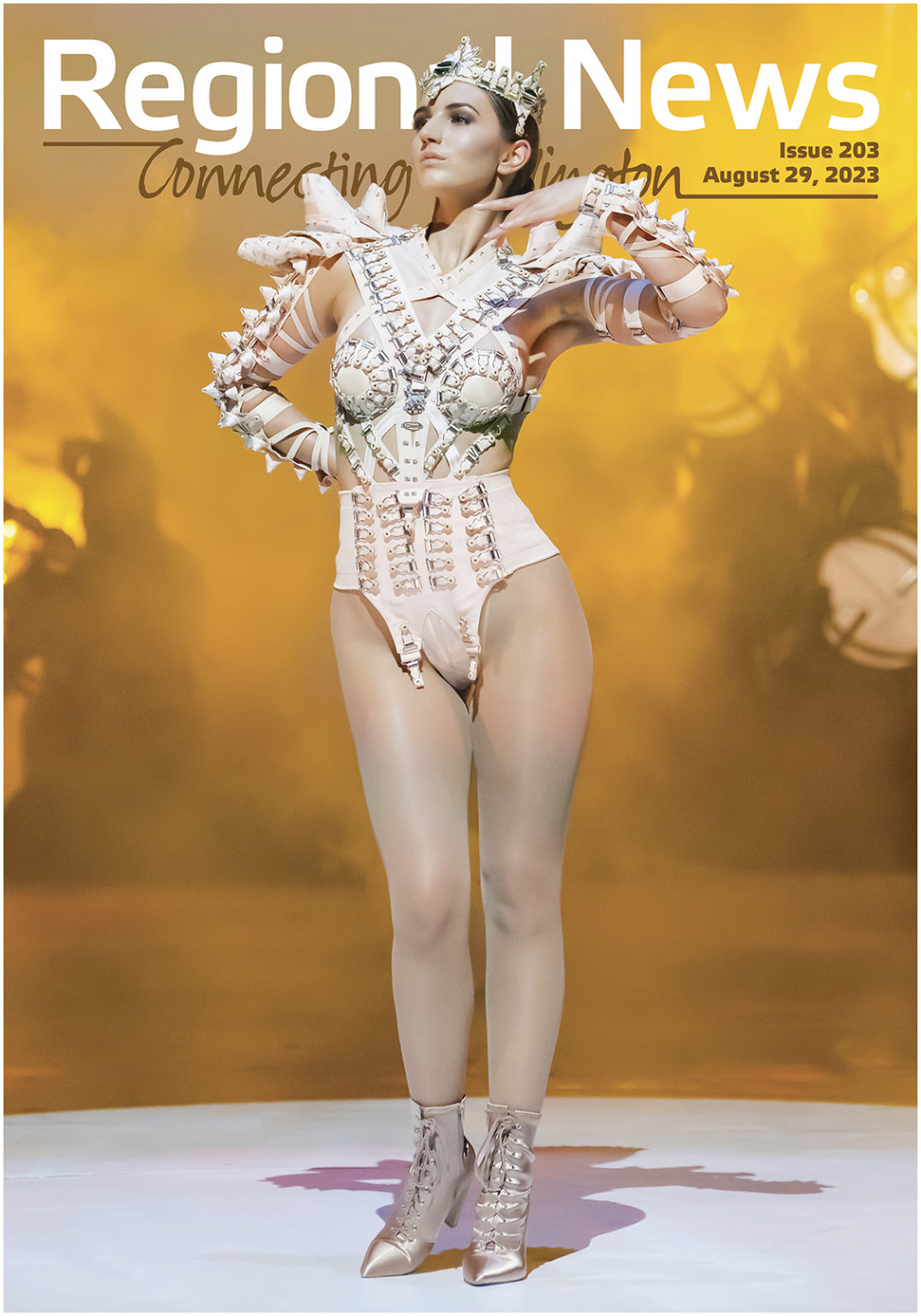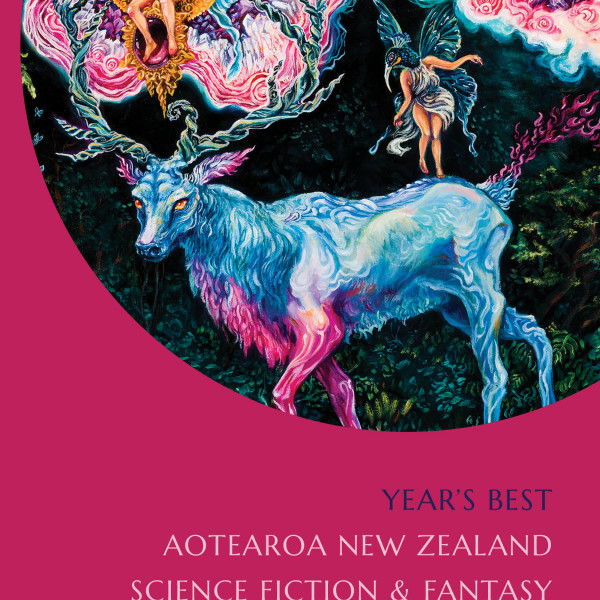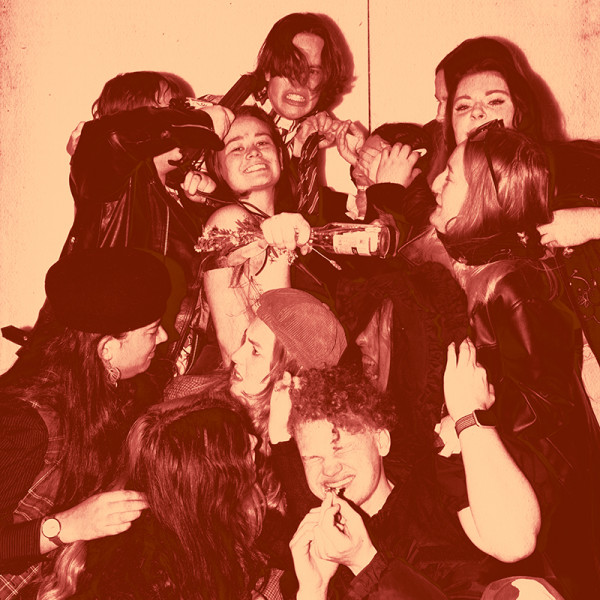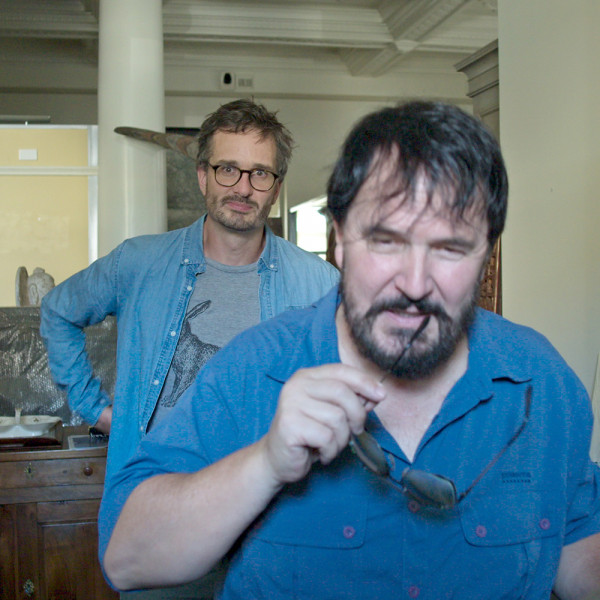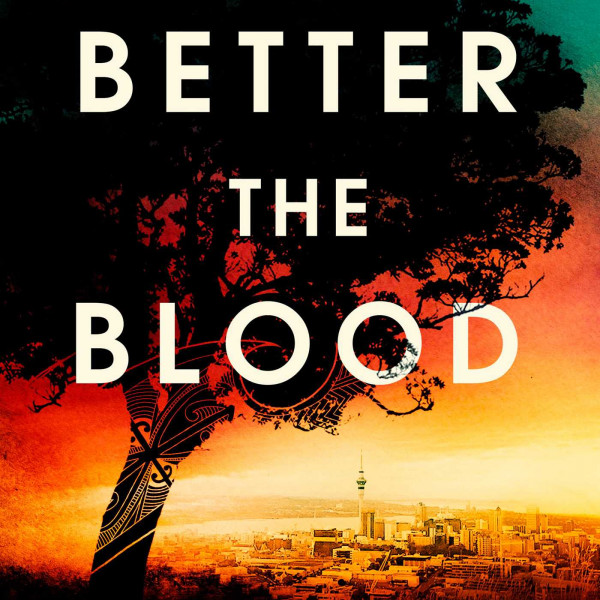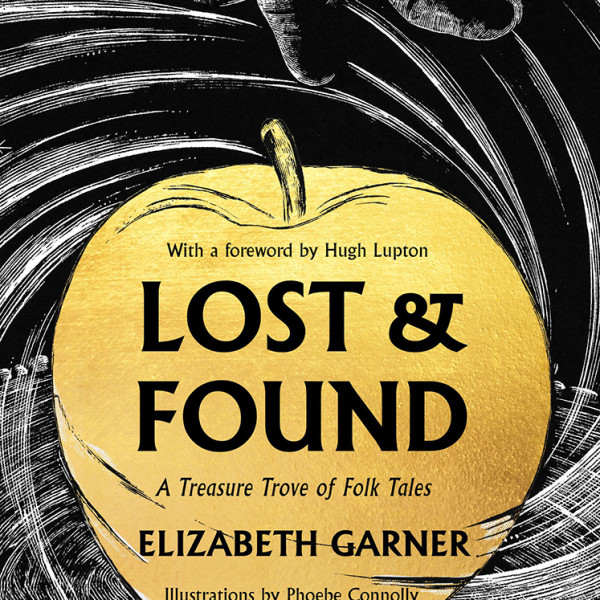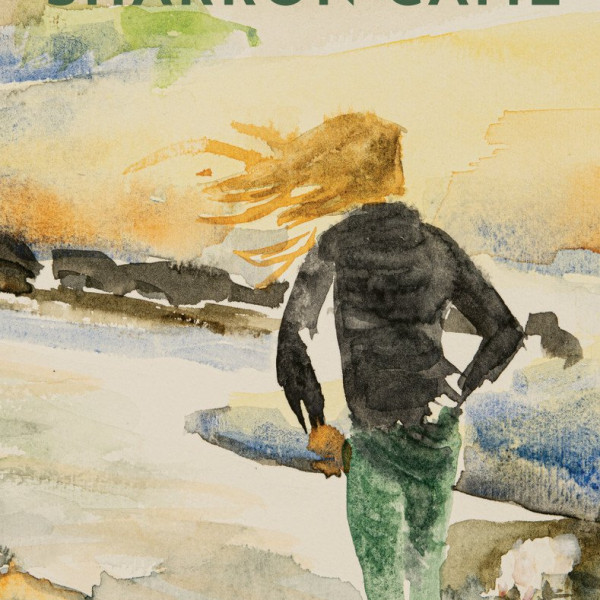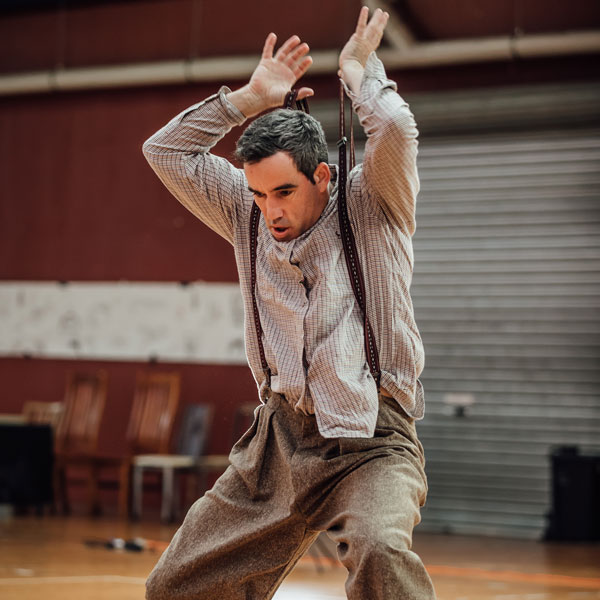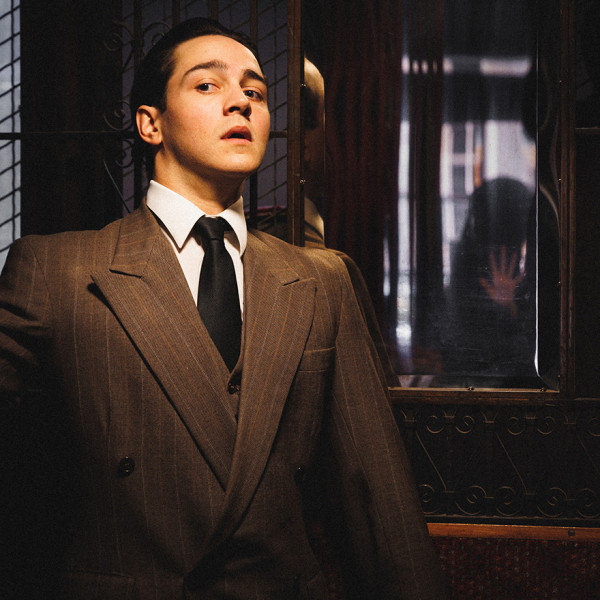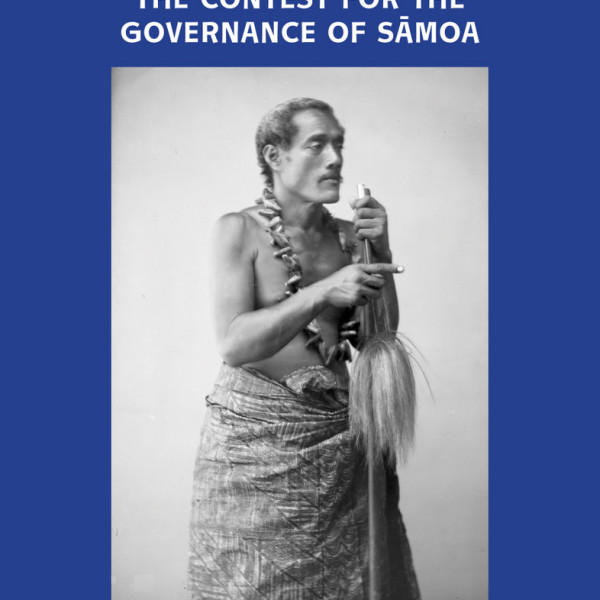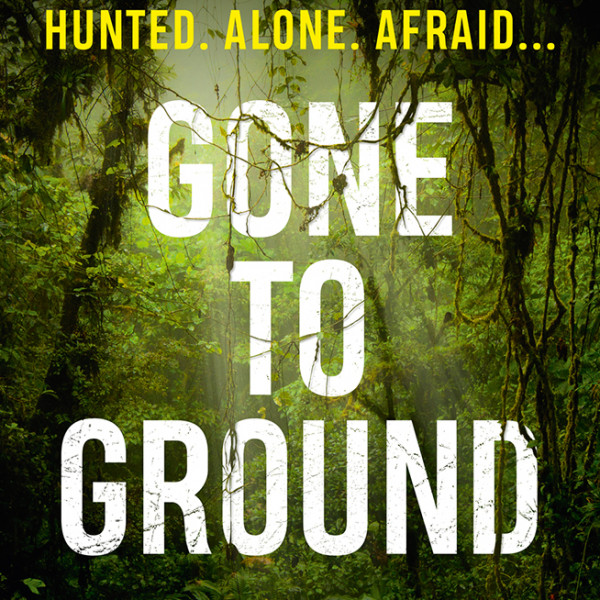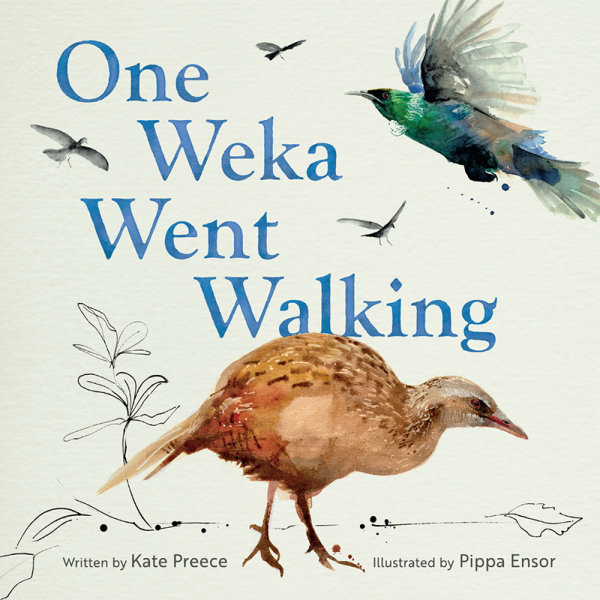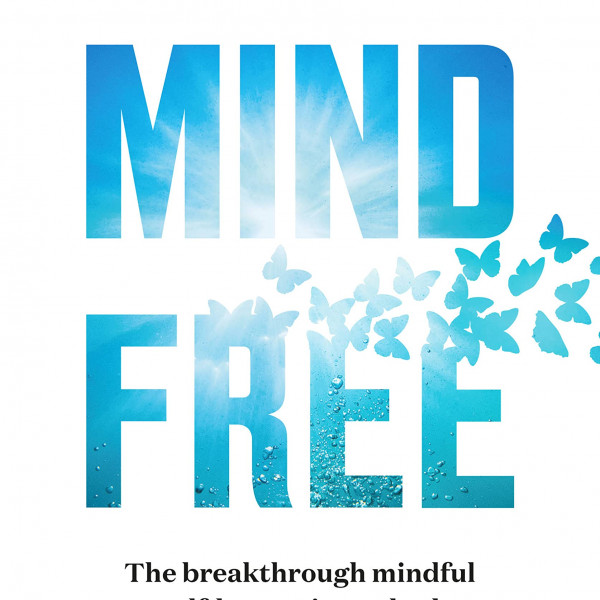
Much like the words challenging and unprecedented are burned into our collective consciousness when we think of the last couple of years, so too is the word mindfulness and the act and art of being mindful when we think of wellness and wellbeing.
But what does being mindful actually involve? In Mind Free, Mark Stephens looks at the limiting patterns, actions, and behaviours that are holding you back and how, through the techniques of mindful meditation and self-hypnosis that he’s developed over the years, you can overcome these.
Stephens talks of mindful meditation, where if you become one with the task you have at hand or your present moment, then even the simple act of preparing a cup of tea can become a mindful experience. I tried this with a similarly mundane activity: shopping at the supermarket, marvelling over avocados, noticing all my fellow shoppers and the sights and sounds around me.
But so many times my mind wandered from the present to the past; my mind a hybrid landscape where everything but the present was competing for thought time – it was hard to stay in the moment. Stephens says it’s about bringing your attention back to the present.
Having a mantra of positive affirmations like ‘I can handle anything’ or ‘I am strong’ or ‘I’ve got this’ is a strategy suggested for overcoming anxiety to consciously change your internal story. When you feel better you start to act differently and feel happier and more content, Stephens says. Meditation mandalas can be found dotted throughout Stephens’ 21 positive states of being, which he has identified as the positive states we all need in our lives – things like appreciation, calm, love, laughter, and optimism.
There are certainly some positive techniques in Mind Free and empowering actions to take using thought regulation and breathing techniques.
But sometimes the art of creating a mind that is free by breathing, meditating, living in the now, self-affirming, thinking positively, and stressing less is as complicated as its promised reward.



